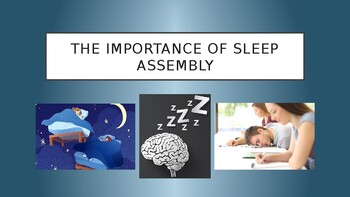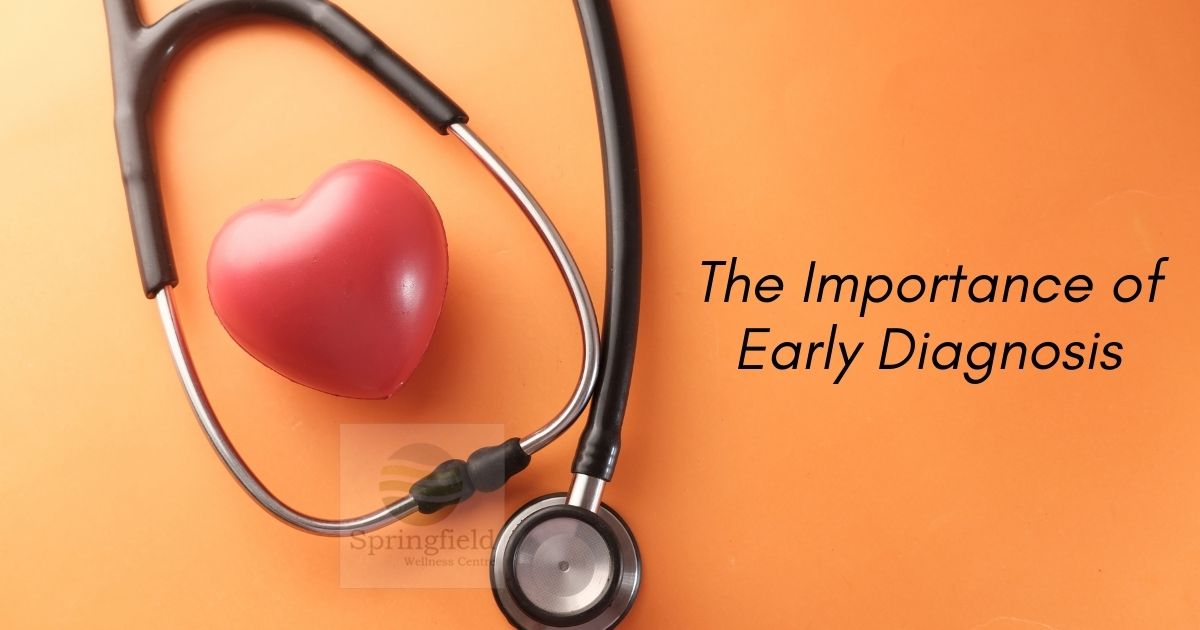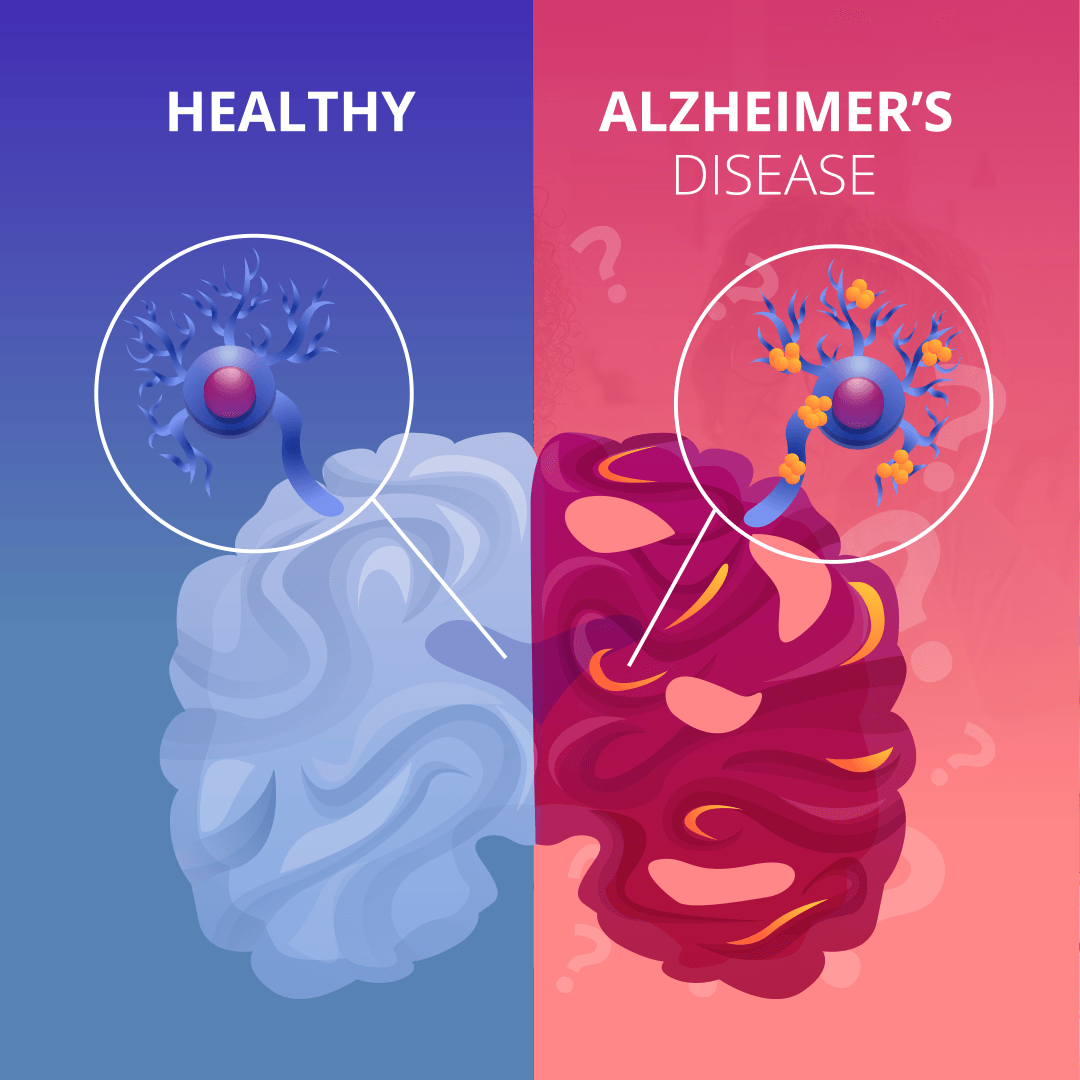THE SCIENCE OF SLEEP : UNDERSTANDING THE IMPORTANCE OF REST


ABSTRACT
We all know how important sleep is for our health and well-being, but why exactly is that the case? What happens in our bodies when we sleep, and how does it benefit us in different ways? In this article, we'll explore the science of sleep and the latest research on its impact on our physical and mental health.

INTRODUCTION
Sleep is an essential biological process that is vital for maintaining physical and mental health. Despite its importance, many people fail to get the recommended amount of sleep, which can have negative consequences on their well-being. In recent years, there has been a growing interest in the science of sleep and how it affects our daily lives. This article aims to provide an overview of the importance of sleep and the latest research on its benefits
The Stages of Sleep
First, let's look at the different stages of sleep. There are two main types of sleep: non-REM (NREM) sleep and rapid eye movement (REM) sleep. NREM sleep is further divided into three stages:
- Stage 1: This is the transition between wakefulness and sleep, and it usually lasts only a few minutes. During this stage, you may experience hypnagogic hallucinations (e.g. feeling like you're falling), and your muscles may twitch involuntarily.
- Stage 2: This is a deeper stage of sleep, during which your brain waves slow down and your body temperature drops. Your heart rate and breathing also become more regular.
- Stage 3: This is the deepest stage of NREM sleep, also known as slow-wave sleep. During this stage, your brain waves become even slower, and your muscles relax completely.
REM sleep, on the other hand, is characterized by rapid eye movements and more active brain waves. It's during REM sleep that we tend to dream.
The Benefits of Sleep
So, what benefits do we get from sleeping? Here are just a few:
1. Physical Restoration: During sleep, our bodies repair and rejuvenate themselves. This includes everything from tissue growth and repair to the release of hormones that regulate growth and appetite.
2. Mental Restoration: Sleep is also important for our cognitive function. It helps us consolidate memories and process information, and it's essential for learning and creativity.
3. Emotional Well-being: Lack of sleep can lead to irritability, anxiety, and depression. Conversely, getting enough sleep can help regulate our emotions and improve our overall mood.
4. Physical Health: Getting enough sleep is associated with a lower risk of obesity, diabetes, cardiovascular disease, and other health problems.
The Dangers of Sleep Deprivation
On the flip side, sleep deprivation can have serious negative consequences for our health. Here are just a few examples:
1. Impaired Cognitive Function: Sleep deprivation can impair our ability to think clearly, react quickly, and make decisions.
2. Reduced Immune Function: Lack of sleep can weaken our immune system, making us more susceptible to infections and diseases.
3. Increased Risk of Accidents: Sleep-deprived individuals are more likely to be involved in accidents, both on the road and in the workplace.
4. Mental Health Problems: Chronic sleep deprivation is associated with an increased risk of depression, anxiety, and other mental health issues.
Tips for Getting Better Sleep
If you're struggling to get enough restful sleep, here are some tips that may help:
1. Stick to a regular sleep schedule, even on weekends.
2. Create a relaxing bedtime routine.
3. Make sure your sleeping environment is cool, dark, and quiet.
4. Limit caffeine and alcohol consumption, especially before bedtime.
5. Exercise regularly, but not right before bed.
6. Avoid eating heavy meals before bedtime.
Sleep is an essential biological process that is vital for maintaining physical and mental health. Despite its importance, many people fail to get the recommended amount of sleep, which can have negative consequences on their well-being. In recent years, there has been a growing interest in the science of sleep and how it affects our daily lives. This article aims to provide an overview of the importance of sleep and the latest research on its benefits conclusion, sleep is an essential part of our physical and mental health. By understanding the science of sleep and taking steps to improve our sleep habits, we can reap the many benefits of a good night's rest.
Sleep is a complex process that involves multiple stages and cycles, each with its own unique characteristics. During sleep, the body performs essential tasks such as repairing damaged tissues, consolidating memories, and regulating hormone levels. Research has shown that sleep plays a crucial role in many aspects of our health, including cognitive function, immune function, and metabolism. Lack of sleep has been linked to a range of health problems, including obesity, diabetes, cardiovascular disease, and mental health disorders.
There are several factors that can affect the quality and quantity of sleep, including lifestyle habits, medical conditions, and environmental factors. Common sleep disorders such as insomnia, sleep apnea, and restless leg syndrome can significantly disrupt sleep and have negative impacts on health.
Conclusion:
In conclusion, sleep is a critical component of overall health and well-being. It is important to prioritize sleep and make lifestyle changes that can improve sleep quality and quantity. Regular exercise, a healthy diet, and a consistent sleep schedule can all help to promote better sleep. Additionally, seeking treatment for underlying medical conditions and sleep disorders can help to address sleep-related issues. By understanding the science of sleep and its benefits, individuals can take steps to prioritize sleep and improve their overall health and well-being.
References
National Sleep Foundation. (n.d.). Stages of Sleep. Retrieved from
Certainly, here are some additional references on the topic of the science of sleep:
1. Stickgold, R. (2019). Sleep-dependent memory consolidation. Nature, 575(7782), 560-569. doi: 10.1038/s41586-019-1784-0
2. Knutson, K. L., & Van Cauter, E. (2008). Associations between sleep loss and increased risk of obesity and diabetes. Annals of the New York Academy of Sciences, 1129, 287-304. doi: 10.1196/annals.1417.033
3. Irwin, M. R. (2015). Why sleep is important for health: A psychoneuroimmunology perspective. Annual Review of Psychology, 66, 143-172. doi: 10.1146/annurev-psych-010213-115205
4. Kryger, M. H., Roth, T., & Dement, W. C. (Eds.). (2016). Principles and Practice of Sleep Medicine (6th ed.). Elsevier.
5. Spiegelhalder, K., Regen, W., Baglioni, C., Nissen, C., Riemann, D., & Kyle, S. D. (2015). Sleep and insomnia in psychiatric disorders. Neuropsychopharmacology, 40(1), 97-118. doi: 10.1038/npp.2014.195
6. Grandner, M. A., Jackson, N. J., Pak, V. M., Gehrman, P. R., & Pigeon, W. R. (2012). Sleep disturbance is associated with cardiovascular and metabolic disorders. Journal of Sleep Research, 21(4), 427-433. doi: 10.1111/j.1365-2869.2011.00990.x
7. Carskadon, M. A., & Dement, W. C. (2011). Normal human sleep: An overview. In K. Lee-Chiong (Ed.), Sleep: A Comprehensive Handbook (pp. 13-23). John Wiley & Sons.
8. Medic, G., Wille, M., & Hemels, M. E. (2017). Short- and long-term health consequences of sleep disruption. Nature and Science of Sleep, 9, 151-161. doi: 10.2147/NSS.S134864
HealthArticles from Mohammad Bilal Khan
View blog
Abstract: · Chronic diseases such as diabetes, cancer, and cardiovascular disease are major contribu ...

Abstract -Alzheimer’s disease is a neurological disorder that affects millions of people worldwide. ...

ABSTRACT: · Physical exercise has been shown to have a powerful impact on mental health, and researc ...
Related professionals
You may be interested in these jobs
-

Production Operator
Found in: beBee S2 IN - 5 days ago
NUTASTE FOOD & DRINK LABS PVT LTD. Gurgaon, India Full timeThe individual is accountable for operating the FSS machine, filling machine, and other equipment within the production unit. They are tasked with supervising the cleaning of these machines and adhering to established policies and SOPs. · ...
-
Siebel Drive 8th March24
Found in: Talent IN C2 - 5 days ago
PeopleLogic Mumbai, IndiaDesired Competencies:MustHave** (Ideally should not be more than35) · Minimum 1.5 years of workingexperience in Siebel Open UI area only training / theoreticalknowledge will not do · Minimum 5 years of workingexperience in Siebel EAI integration area · and Siebelconfiguration scr ...
-
Hyperion
Found in: Talent IN C2 - 6 days ago
Nityo Infotech Chennai, IndiaManagement , A , ARCS , Applications , Business , Cloud , Contact , Create , Data , Data Management , Description , Enhancing , Essbase , Hyperion , Hyperion Planning , Implementation Strategies , Job , Level , Level A , Management , MaxL , Plan , Planning , Point , Pursuits , St ...


Comments